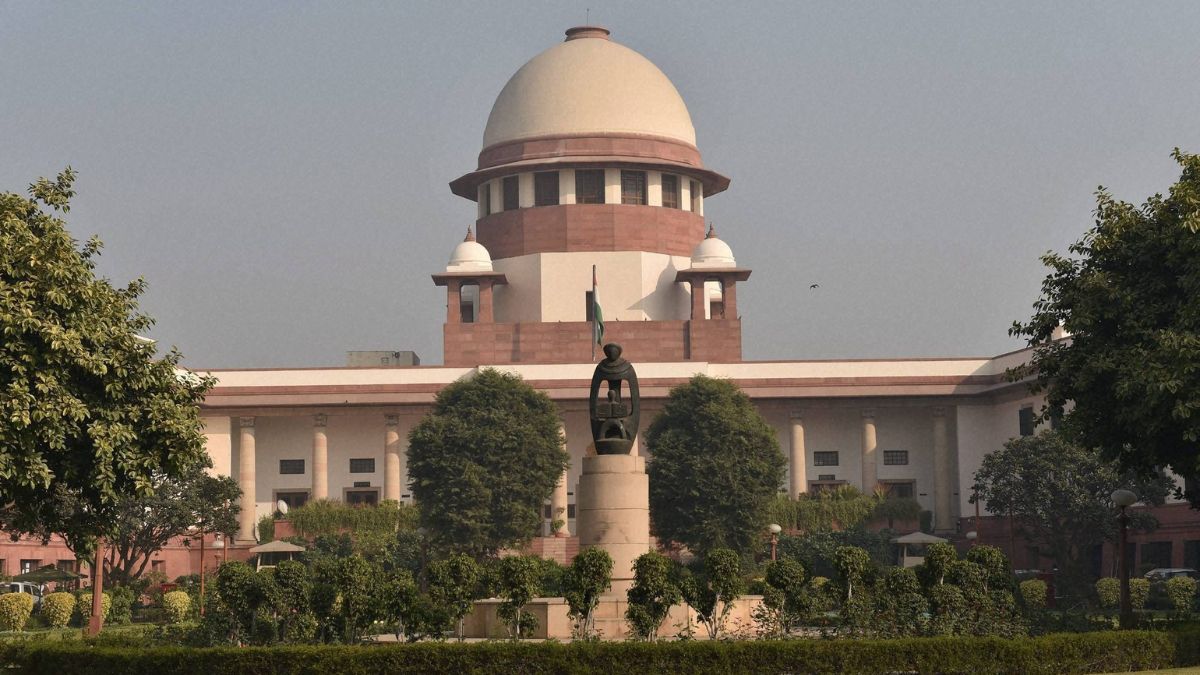The Gauhati High Court in 2022 had ruled that a marriage conducted in a church under the Christian Marriage Act, 1872, between a man and a woman from the Kuki tribe cannot be dissolved by customary practices involving the Songpijan village committee or ‘gaonburas (village elders)’ in Assam’s Dima Hasao district.
The court stated that such a marriage can only be annulled through legal proceedings before the High Court or a district judge, as outlined in section 10 of the Divorce Act, 1869.
This decision created a complex matrimonial situation for Thongkomang Armstrong Changsan, India’s ambassador to Cuba, who found himself with two wives.
Before the 2022 High Court ruling affirming his 1994 church marriage to Neikhol Changsan, he had remarried another woman after a customary divorce, and he has a daughter from each marriage.
Supreme Court’s observation
The Supreme Court, addressing Changsan’s appeal, expressed no sympathy for him.
After mediation attempts failed, a bench led by Justices Surya Kant and Joymalya Bagchi noted on Friday (July 25) that the Gauhati High Court’s judgment was legally robust.
Recognising that the Indian Foreign Service officer has been married to his second wife for nearly 15 years, the court sought a resolution to this legal and matrimonial dilemma, aiming to help Neikhol rebuild her life.
Arguments by first wife, IFS officer
Neikhol, representing herself in court, claimed she single-handedly raised her 29-year-old daughter without her husband’s involvement and accused Changsan of manipulatively estranging their daughter from her.
She urged the Supreme Court to “protect her honour and dignity,” describing how Changsan secretly dissolved their marriage through tribal elders before remarrying.
In response, senior advocate Menaka Guruswamy, representing the ambassador, stated that he has been covering their daughter’s expenses, who is now pursuing a career in Bengaluru. Changsan also noted he has provided Neikhol with a house in Delhi and pays her Rs 20,000 monthly maintenance.
Impact Shorts
More ShortsThe Supreme Court bench remarked, “We have absolutely no sympathy for the man. The HC judgment is in your favour, and you have suffered socially and mentally. But can you think of a way to start life afresh?”
To facilitate a potential resolution, the court suggested Neikhol meet her daughter in Bengaluru to discuss future steps. It directed Changsan to arrange her flight tickets, provide accommodation near her daughter’s residence, and pay an ad hoc sum of Rs 3 lakh to support the visit. Justice Kant emphasised, “If at all there is a possibility of settlement, the daughter could have a significant role to play,” urging the ambassador to encourage his daughter to reconnect with her mother.
The Kuki Inpi, the highest governing body of the Kuki tribe in Assam, clarified that Kuki customary law cannot dissolve a church-conducted Christian marriage or force a couple to reunite against their wishes, aligning with the High Court’s stance.
)